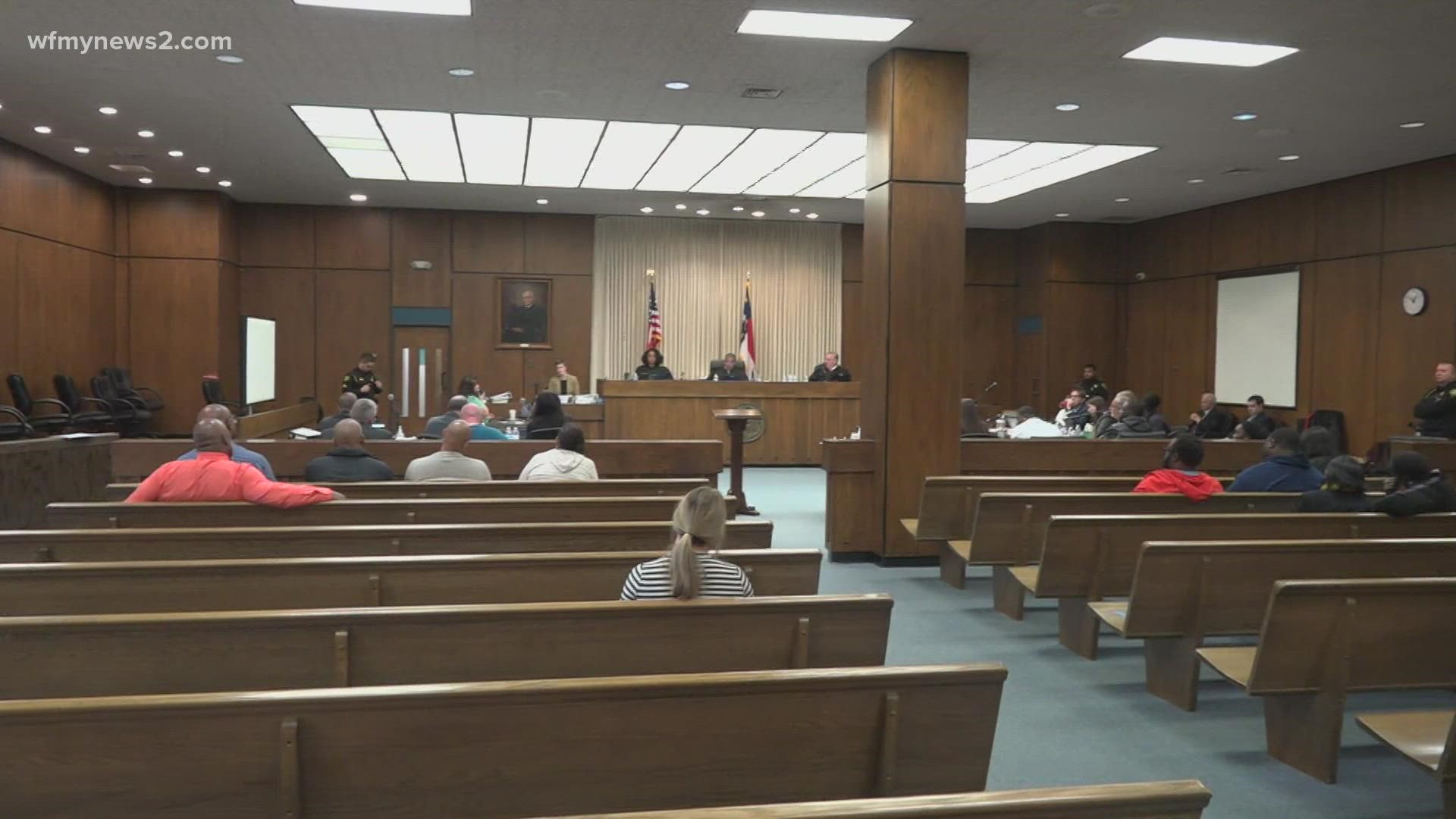GREENSBORO, N.C. — Innocence hearings for the four men convicted of killing NBA star Chris Paul's grandfather are underway. A three-judge panel must decide if they are innocent of the crime that happened 20 years ago.
Many viewers have reached out with questions about how innocence hearings work and what could happen in the future.
We spoke with Robert O'Hale, criminal defense attorney with 40 years experience, to get some insight.
O'Hale said he's only ever see this type of innocence hearing happen three times in his career.
"These cases usually don't get this far. Generally the system does the right thing, but sometimes there are failures," O'Hale said," There's just a lot of pressure on them to get it done. They want to get somebody arrested. I think most of the time they get it right but sometimes they get it wrong."
Here's how an innocence hearing usually gets started. Someone convicted of a crime can contact the Innocence Project. They look into it and if they believe the evidence is strong enough, they'll present it to the Innocence Inquiry Commission.
He said if the commissions believe it's valid, they'll file a motion for appropriate relief and then it goes before a judge.
How did we get to where we are today?
O'Hale thinks in this case it was the perfect storm He said there were no recordings of the confessions and they were young boys.
He also said he doesn't agree with how law enforcement sometimes handles interrogations. O'Hale said police can fabricate a story when they interview suspects. For example, he said they can say they have your fingerprints at the crime scene when they really don't.
"My advice to anybody, when the police want to talk to you, don't go to the police station. Go to your lawyer's office or even just have your parents there. The police don't have any right to tell you to come to the station to be interviewed. You can do it at your own home, you don't even have to talk, you can stop talking anytime you want," O'Hale said.
What could happen in the future?
O'Hale said that Jessicah Black, the key witness who recanted her testimony, could be charged with perjury or be held in contempt of court for her prior testimony. He doesn't think that will happen.
As for the two men in the trial, if they're exonerated, O'Hale foresees them filing a civil lawsuit in federal court. However, we will have to wait to see what happens.

